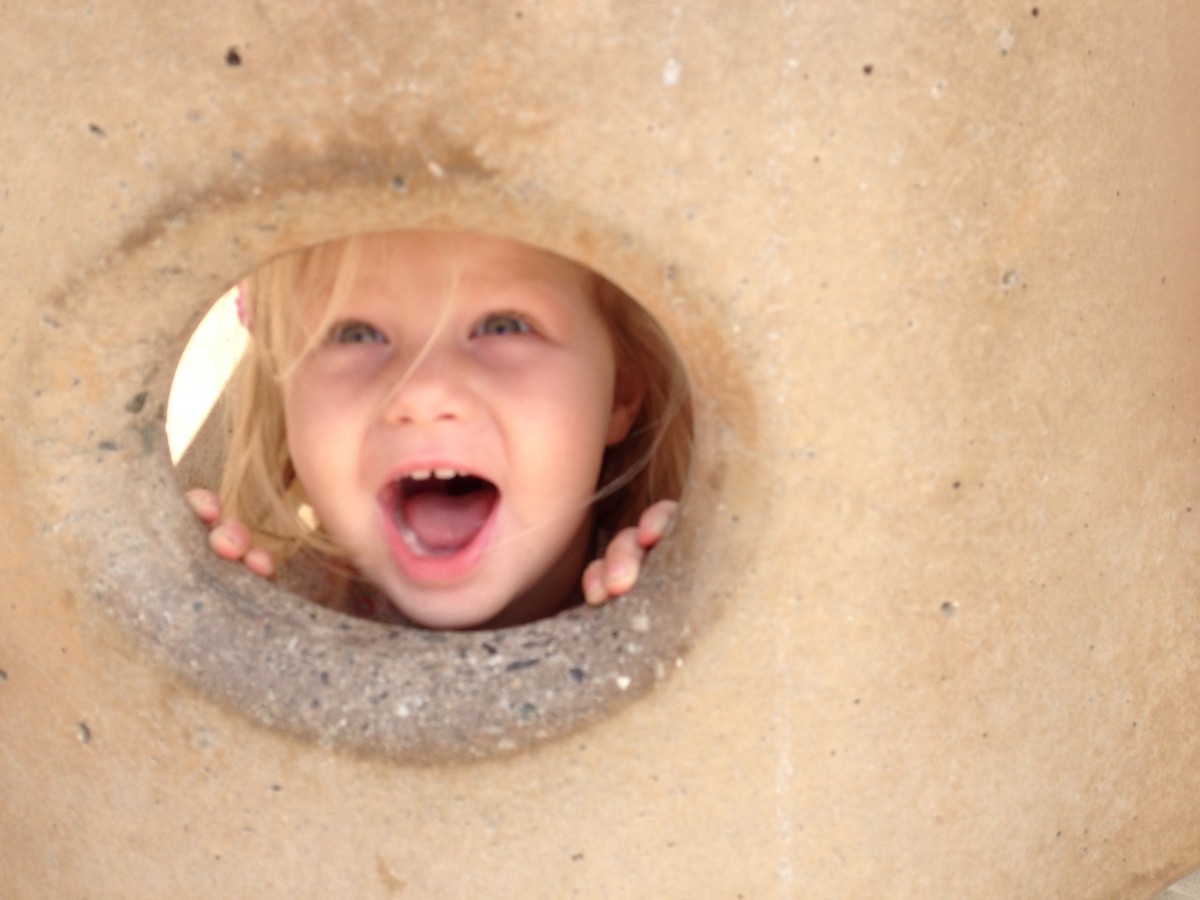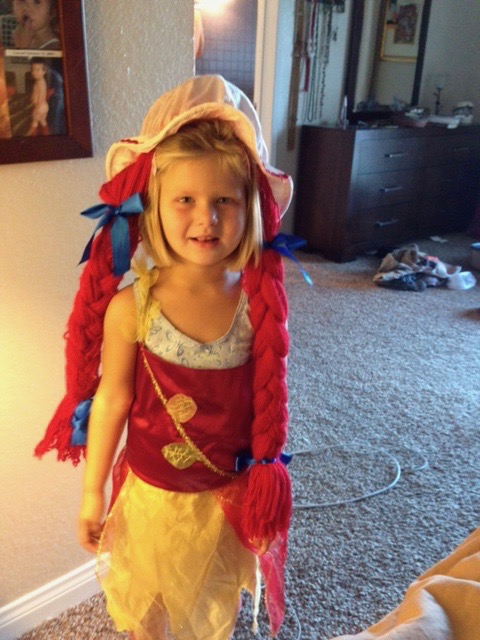“It is the essential nature of man to play.” – Plato
We think of play as just for fun, and yet for a child – play is essential. Every child should be given the opportunity to play because play is a child’s language. There are no limits to communication when a child is at play– because the child isn’t limited to the words that they can speak. Instead children communicate through re-enactments with toys and through fantasy play at various ages.
When a child is playing – a child is at work; at work discovering the world and discovering themselves. Through play, children are stimulated socially, emotionally, cognitively, morally, and spiritually. Play enhances a child’s development. Play not only aids children in developing to their full potential, but is the medium through which children work through difficult experiences. It is in playing freely that a child begins to process inner experiences, makes sense of loss and works through trauma.
PLAY THERAPY HELPS CHILDREN TO:
- Achieve developmental tasks
- Sail through life transitions
- Develop creativity and social skills
- Increase confidence and mastery over life
- Develop emotional intelligence
- Process confusing experiences
PLAY THERAPY FOSTERS SOLUTIONS TO:
- Bullying, biting, and temper tantrums
- Depression, shyness, and anxiety
- Thumb-sucking, nail-biting, and bed-wetting
- Aggression, sibling rivalry, and acting out
- Sexualized behavior
- ADHD
RESEARCH IN PLAY THERAPY:
Bratton, S., Ray, D., Rhine, T., & Jones, L. (Aug. 2005). The efficacy of play therapy with children: A Meta-analytic review of the outcome research. Professional Psychology: Research and Practice, 36(4).
To access a summary of the results of this meta-analysis, please visit this link:
http://cpt.unt.edu/researchpublications/meta-analysis/
A clinical report by the American Academy of Pediatrics links play to cognitive, physical, social, and emotional well-being of children and youth:
Also contact the Association for Play Therapy:





